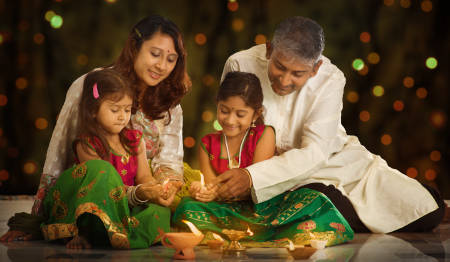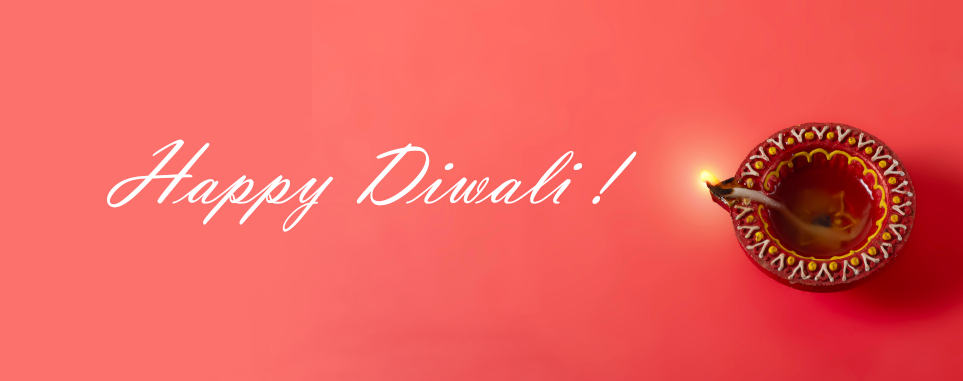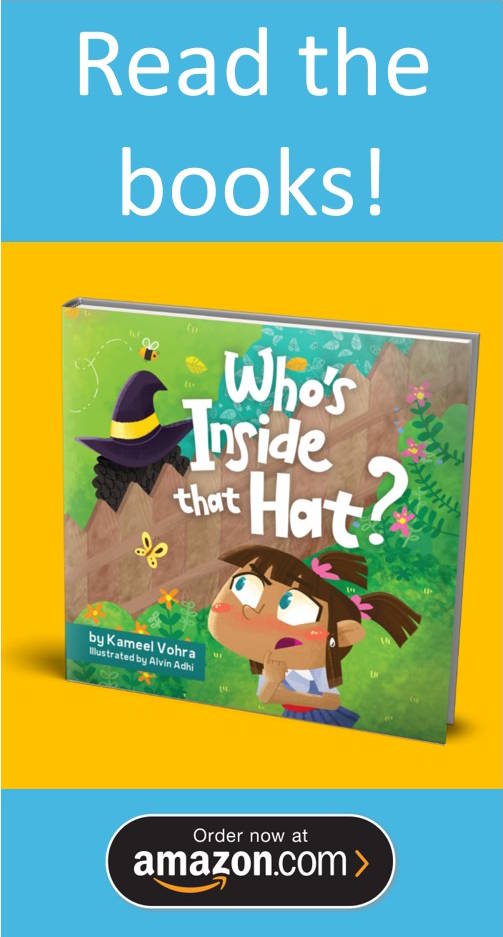Diwali is a significant and joyous celebration in Hindu Culture. It is also referred to as the “Festival of Lights.” During the celebration, it is a time for family, tradition, and the triumph of light over darkness. It’s a fun festival to celebrate with your children, and a great opportunity to teach your children about other cultures. Let’s have a quick look at the significance of Diwali and breakdown a few easy ways to celebrate with your family.
Understanding Diwali: The Festival of Lights
Diwali is a multi-day Hindu festival that is celebrated across India and throughout Indian communities globally. The word “Diwali” comes from the Sanskrit word “Deepavali,” which means a row of lamps or lights. This signifies the celebration of light over darkness, good over evil and knowledge over ignorance. It is an integral part of India’s cultural heritage and showcases the country’s unity in diversity.
Why is Diwali Important?
Diwali has a variety of religious and spiritual meanings. The most popular Diwali story is the return of the Hindu God Lord Ram, after defeating the multi-headed demon king Ravana. There are other stories, that are popular in different regions of India which celebrate different Gods. All regions celebrate in largely the same way though. It represents a fresh start and the optimism for a brighter future. It is one of the most important Hindu festivals in the year.
How is Diwali traditionally celebrated?

Prior to the day of Diwali, families and friends celebrate together in their homes with Diwali parties. Small gifts such as candles and sweets are exchanged, and families spend time cleaning and decorating their homes. Diwali coincides with the Hindu new year, but people do not wish each other “Happy New Year”, instead they say “Happy Diwali”. People will wish each other “Happy Diwali” before and on Diwali.
On the day of Diwali, people say prayers in the evening known as a “Pooja”, and light candles and lamps. Often all the lights in people homes will be kept on.
How can you celebrate Diwali with your children?
- Decorate Your Home – As a family decorate your home with colorful rangoli, diyas, and lanterns. Rangoli are intricate designs that are made with colorful powers and/or rice flours. Diyas are oil lamps.
- Tell Stories – There are many fun stories about Diwali. Reading these tales to your children can be a fun bonding activity, and make the festival easy to understand.
- Light Lamps and Candles – This is an integral part of Diwali. Involve your child in the lighting candles at night time, and teach them the significance of the symbolism of the light driving away the darkness. Many families will light fireworks and sparklers as well.
- Dress Up in New Clothes – New clothes signify a fresh start and prosperity. Help your children get excited by allowing them to choose their outfits and help them get dressed up for the occasion. Perhaps try a nice ethnic outfit for the evening?
- Create Craft Gifts Together – Your children can create handmade gifts, such as lanterns, candles, flowers and cards. This is a great way to teach them about kindness, sharing, community and raise their cultural awareness.
- Be Charitable and Give to Others – This helps to instill compassion, empathy and gratitude in your children. Diwali is a time for giving back to the community and helping those in need.
- Encourage Gratitude and Reflection – Diwali is a great time for reflection and gratitude. Help your child reflect on the past year and set new goals for the future.
While Diwali is the Festival of Lights, it is also a celebration of family, and tradition. As you involve your children in the celebrations, you are helping to pass on tradition and the important life lessons associated with the festival. Celebrating Diwali is a beautiful and enriching experience.
Happy Diwali!


